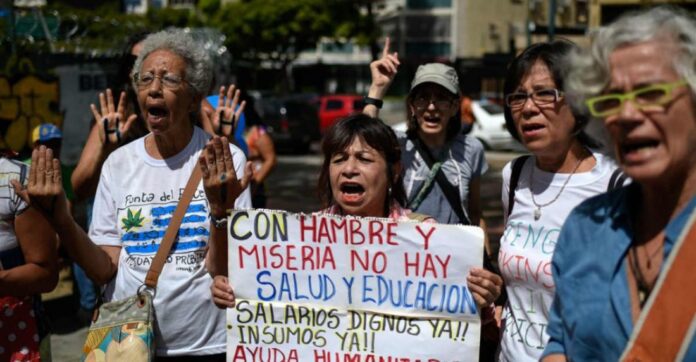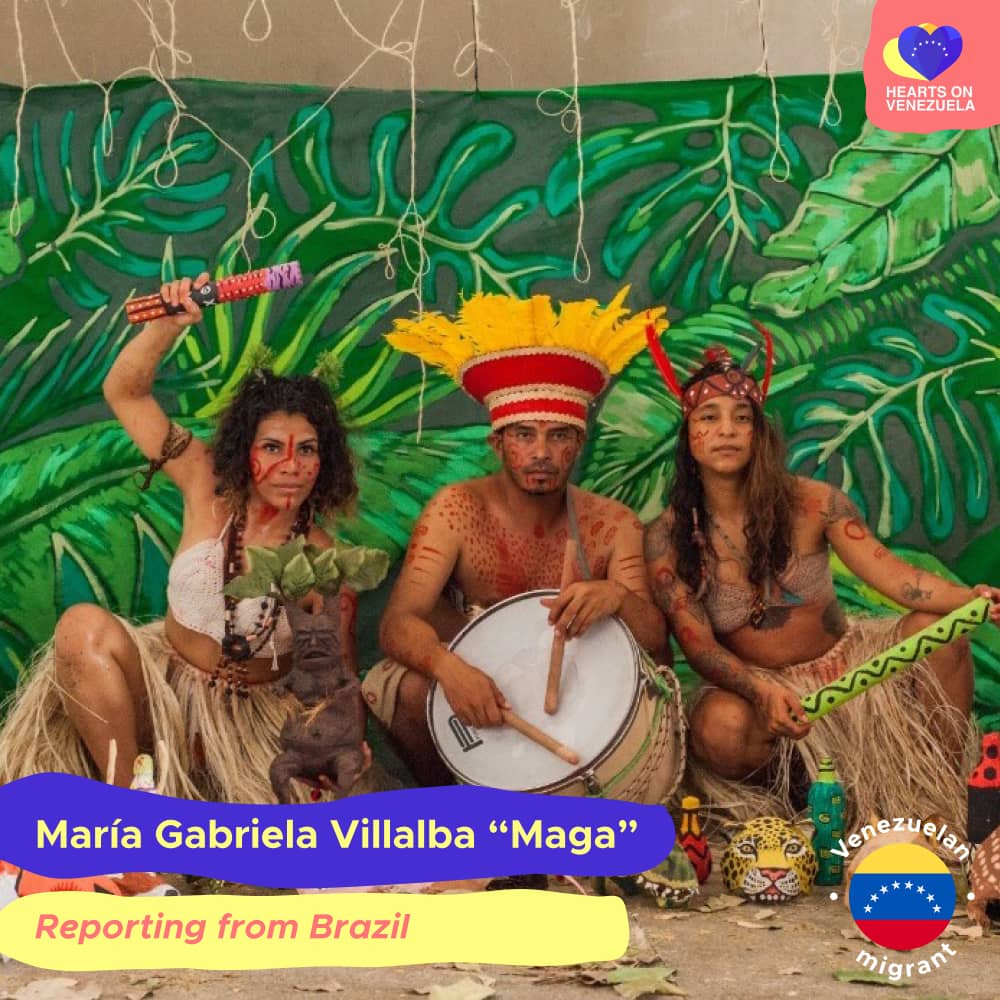The mines of the Guayana region in southern Venezuela have become the source of an illusion of wealth for the most vulnerable population that turns to them in search of fortune, ending up trapped in a vicious circle of slavery-like conditions, exploitation and financial draining. Working conditions at the mines are also very unsafe, with frequent accidents that claim the lives of hopeful miners, who are buried in the oblivion of a jungle that is being consumed by predation. The Venezuelan state is failing to take concrete actions and has become part of a dynamic that seeks to relieve social pressure from urban centers and benefit from the revenue of illegal mining
In recent days, news from the Orinoco Mining Arc in southern Venezuela gives accounts of the people injured and killed in mining accidents, notably the shocking case of an incident at the Bulla Loca mine on February 20. Another collapse was reported on March 2 when four miners sustained serious injuries. These accidents are not infrequent, on the contrary, they are quite common but often go unnoticed by the news and the media, as they take place in remote and isolated areas under the control of irregular armed groups that tend to conceal most of the cases. In 2021, 12 miners died after a mining well collapsed in El Callao; a similar incident took place on June 4 of last year with a similar number of deaths.
A report on mining accidents prepared by the non-governmental organization SOS Orinoco concluded that 2023 was the year with the highest number of incidents, which left a total of 43 people dead. This adds up to the violence experienced in these regions and the constant and repeated human rights abuses, as revealed in a 2020 report by Human Rights Watch or the 2022 report by the United Nations Independent International Fact-Finding Mission.
A large number of people migrate from different regions of the country, escaping poverty and precarious living conditions, chasing the dream of finding wealth or a better life through mining. But reality has always shown that they remain dreams and illusions given the precariousness of life at the mines, as the news and different reports have shown. The dirty streets and poorly built transitory housing in Venezuela’s mining towns show no signs of the wealth that seems to attract people to these places. The cost of living in these areas is higher than in the rest of the country, even more than in large cities. The little money that the mine owners allow the miners to keep in exchange for their work from dawn to dusk under dangerous conditions and pushing their bodies to the limit, is spent on everyday expenses that allow them to continue working, leaving them trapped in a vicious circle, devoured by the mine and its logic.

The Venezuelan State and Illegal Mining
The Venezuelan State allows this entire situation by failing to take effective actions to stop the advance of mining extractivism in the Guayana region. According to the Venezuela NGO FUNDAREDES, the State has allowed irregular armed groups to take control and exploit the mines without any restriction, regulation or effective sanction. According to journalist Fritz Sánchez, the government’s announcements of operations to reduce mining activity are no more than propaganda for the media, and concrete action to stop the activity is not being taken. On social media, the government announces the shutdown of selected mines, while many others remain operational even with the collection of bribes by public officials.
One of the reasons why the Venezuelan State does not act firmly on this situation is that the region functions as economic relief for the multidimensional crisis afflicting the country, with people living in poverty seeking better opportunities at the mines. According to researcher Emiliano Terán Mantovani, illegal mining serves as an exploratory method for developing large-scale and high-yield projects with transnational mining companies in the context of a regularization of the country’s international relations. The environment and people’s rights and safety appear subordinated to the political and economic interests of national and regional elites.
There is an urgent need to raise awareness and build alternatives that allow for the creation of new life perspectives for those fleeing misery and precariousness, so that they are not trapped in the dynamics of mining culture, which, far from bringing prosperity, generates many more social and environmental problems.
Translated by José Rafael Medina




